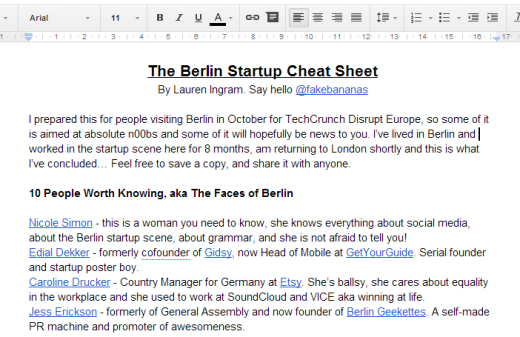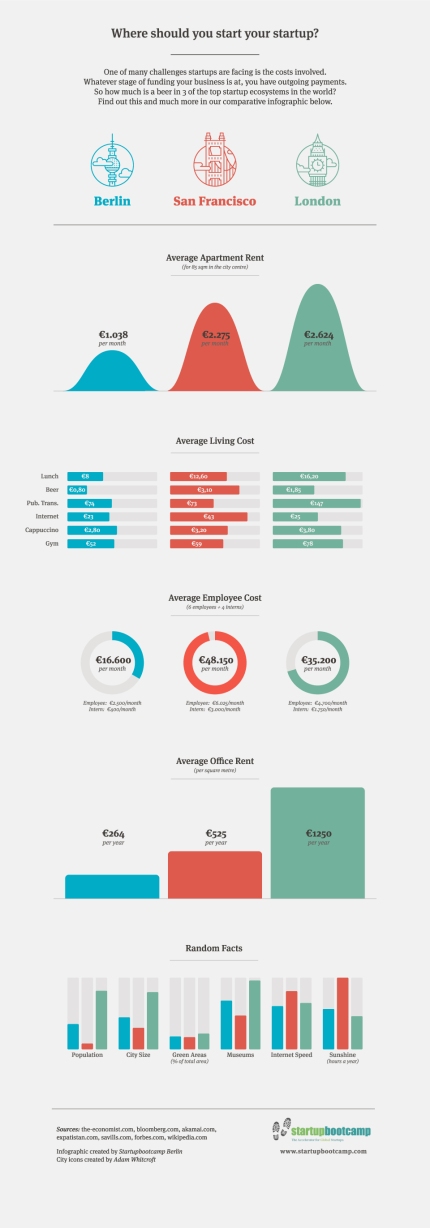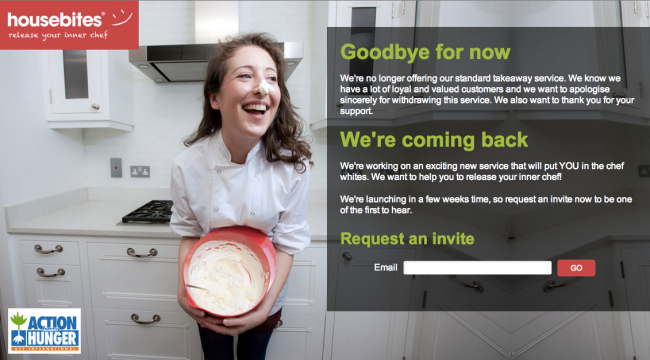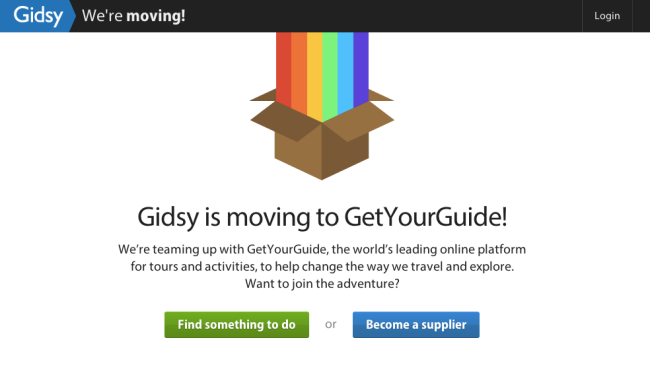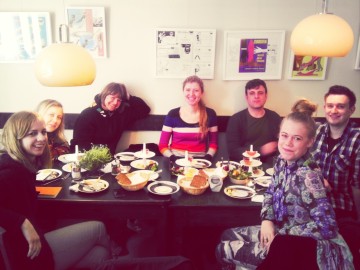
From what can be gauged from recent opinion pieces online, people are getting fed up of Silicon Valley. The startup ecosystem is now very mature and there are a number of technology giants, several of whom have been in hot water recently over data protection. Yet still more people are flocking to the Valley and neighbouring San Francisco, looking to make money and maybe enemies too. So can we expect to see the same in burgeoning startup scenes like Berlin in the future? We found this post about San Francisco last week on Valleywag (the Silicon Valley news and gossip site) and it really struck a chord with us in Berlin. It was rather like gazing into a crystal ball to see what the city might be like in 30 years or possibly much sooner.
In the article, Chris Tacy laments the enormous rent prices in San Francisco, the overabundance of wealthy entrepreneurs and the lack of respect that new arrivals in the city have for their local area. He admits he was also once a new arrival looking to make his fortune, but declares “Now it’s worse than it was in 2000. Now it’s only about the money”.
What Tacy says about The Mission, an area of San Francisco, is alarmingly similar to how many feel about Prenzlauer Berg, Kreuzberg and more recently Neukölln. These areas are changing, becoming gentrified and as this affluence arrives, some of the interesting aspects get drowned out. According to the Guardian, in the 90s and 00s over 60% of Prenzlauer Berg’s residents were driven out – presumably by rising rents. Gentrification is a particularly hot topic here, with journalists musing over it, young locals spraying the streets with Go Home Yuppie Scum, and expats bickering over who was here first. Discussions in the forums of Toytown Germany, an English-speaking website, often point the finger at foreigners: “Friedrichshain is chock full of hipster imports. Suggesting they are not having an effect on rents is downright silly.” Of course, gentrification and the startup scene are not one and the same – in Berlin, San Fran, or anywhere – but they definitely overlap.

When reading the Valleywag article, we substituted San Francisco in 1992 with Berlin in 2008, and found that much of it still reads perfectly, such as this paragraph:
“I moved to Berlin in 2008. I was looking for a job – but I was also looking for a new life and a place that had hope and excitement and which provided a bigger, wider and more diverse world to play in. I found a city made up of wildly different people – of all types – spread across a huge range of little tribal neighborhoods. It was a massive melting pot of values, ethnicities, world views, ages and economic classes.”
Berlin certainly has a huge variety of lifeforms like San Francisco, and some of its diversity is potentially being watered down with the influx of hipsters and those looking to start their business here, which is causing tension with longer-standing expats. But unlike San Francisco, we’ve not really attracted the money-hungry set. Not yet anyway. People come to Berlin to start their business in a fantastic, welcoming ecosystem – not to make their millions, or even billions.
If the article really shows what’s to come in Berlin and other young startup scenes, we can potentially expect big exits, big cars and a lot of “douchebaggery”. We should maybe view it as something of a warning. Currently we’re so excited about helping make Berlin into Europe’s most important tech hub (with some even wanting to make into ‘the next Silicon Valley’) that we’re not paying attention to the potential downsides of this process. So can we slow down the negative impact? Some starting points would be caps on rising city rents, more initiatives such as Give Something Back To Berlin and on an individual level, doing your best to be aware of the impact you have as a person, as a foreigner and as part of a startup. Our impact is a mixture of positives and negatives, so our main job is to be considerate of our surroundings.

Berlin, as a city, is still changing and finding its identity – one that is quite different to San Francisco and the Valley – and we should aim to help maintain its amazing diversity and rich culture. In 10 years’ time, people might feel the same disdain for the omnipresence of startups as they do at the moment about Starbucks. So, in the words of Marissa Mayer, we should “promise not to screw it up”.
Photo credit: Dunkin’ Berliner and The Exiled
This post originally appeared on the Startupbootcamp blog on 19th June 2013
